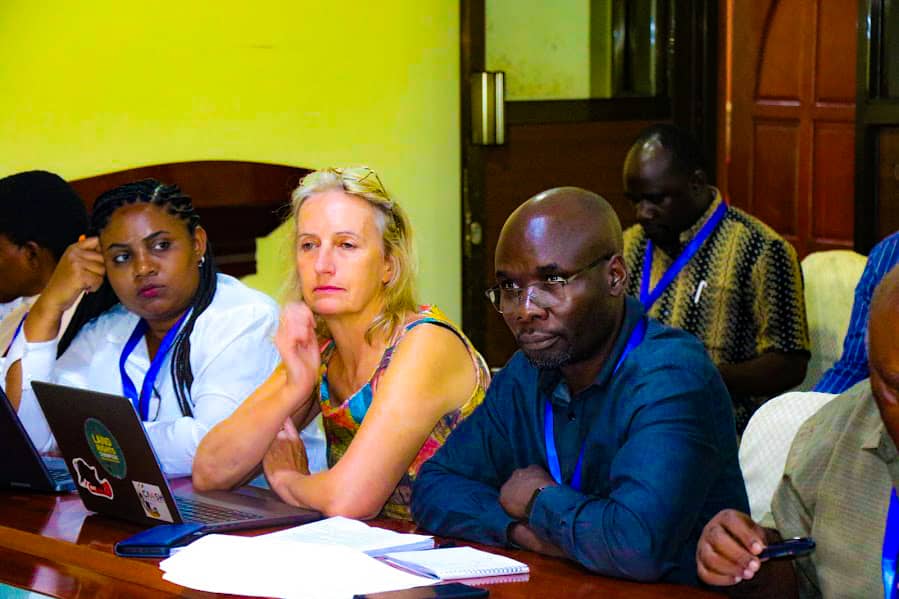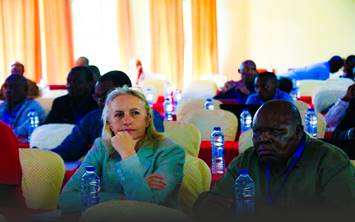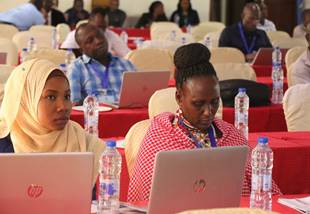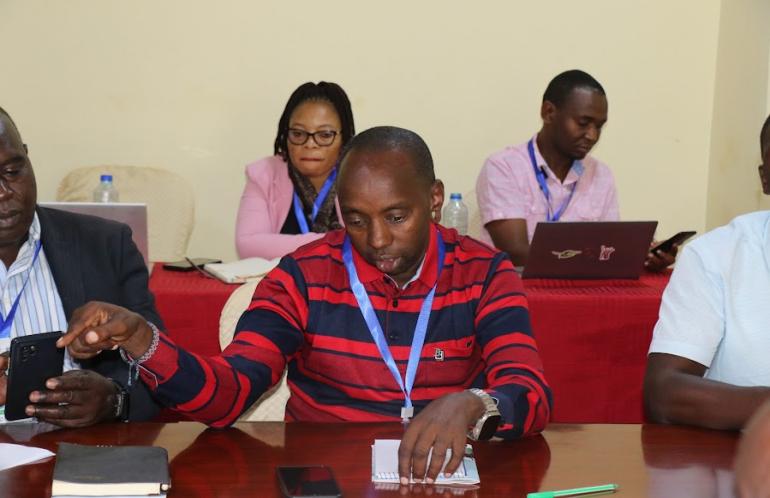LAND USE PLANNING STAKEHOLDERS’ WORKSHOP.
In April 2024 ,the National Land Use Planning Commission with support from the CGIAR Research Initiative on Livestock and Climate led by International Livestock Research Institute (ILRI) in collaboration with other stakeholders, organized a Land Use Planning Stakeholders’ Workshop in Dodoma City. This workshop headed by the National Land Use Planning Commission brought together experts and stakeholders from diverse sectors to share perspectives on key land use planning issues and the validation of three guidelines: Joint Village Land Use Planning (JVLUP) Guideline, an updated version of the national Participatory Land Use Planning Guidelines (now including JVLUP) and a guideline on the Role of Technology in the Process, Securing Land Tenure and


As part of its commitment to addressing climate-related challenges, KINNAPA Development Programme with support from ILRI under the Livestock and Climate Initiative also participated in the workshop.


This engagement also strengthened ILRI and KINNAPA’s collaboration with other stakeholders in addressing land-related challenges and integrating technology for better land management in Tanzania.
Achievements of the conference.
The conference involved representatives from public and private institutions, Civil society organizations, and Community groups in areas possible for the development of Land use plans.
By the end of workshop, participants had gained a better understanding of the guidelines for land use planning, enabling them to make informed decisions about Land allocation and Management. The guidelines were validated and taken forward for finalization.
The workshop provided insight into how NLUIS is used to prepare VLUP and issue CCROs
Land Use Planning and Dispute Resolution ProcessParticipants learned about the procedures for planning and managing land uses, as well as strategies for resolving conflicts that may arise, such as land use disputes, boundary demarcation, and property rights issues.
Strengthened Collaboration between Government and StakeholdersThe workshop fostered greater collaboration and coordination between government agencies, local authorities, and other stakeholders to ensure effective land use planning and management. This collaboration will help to address common challenges such as land fragmentation, unclear land ownership, and environmental degradation.